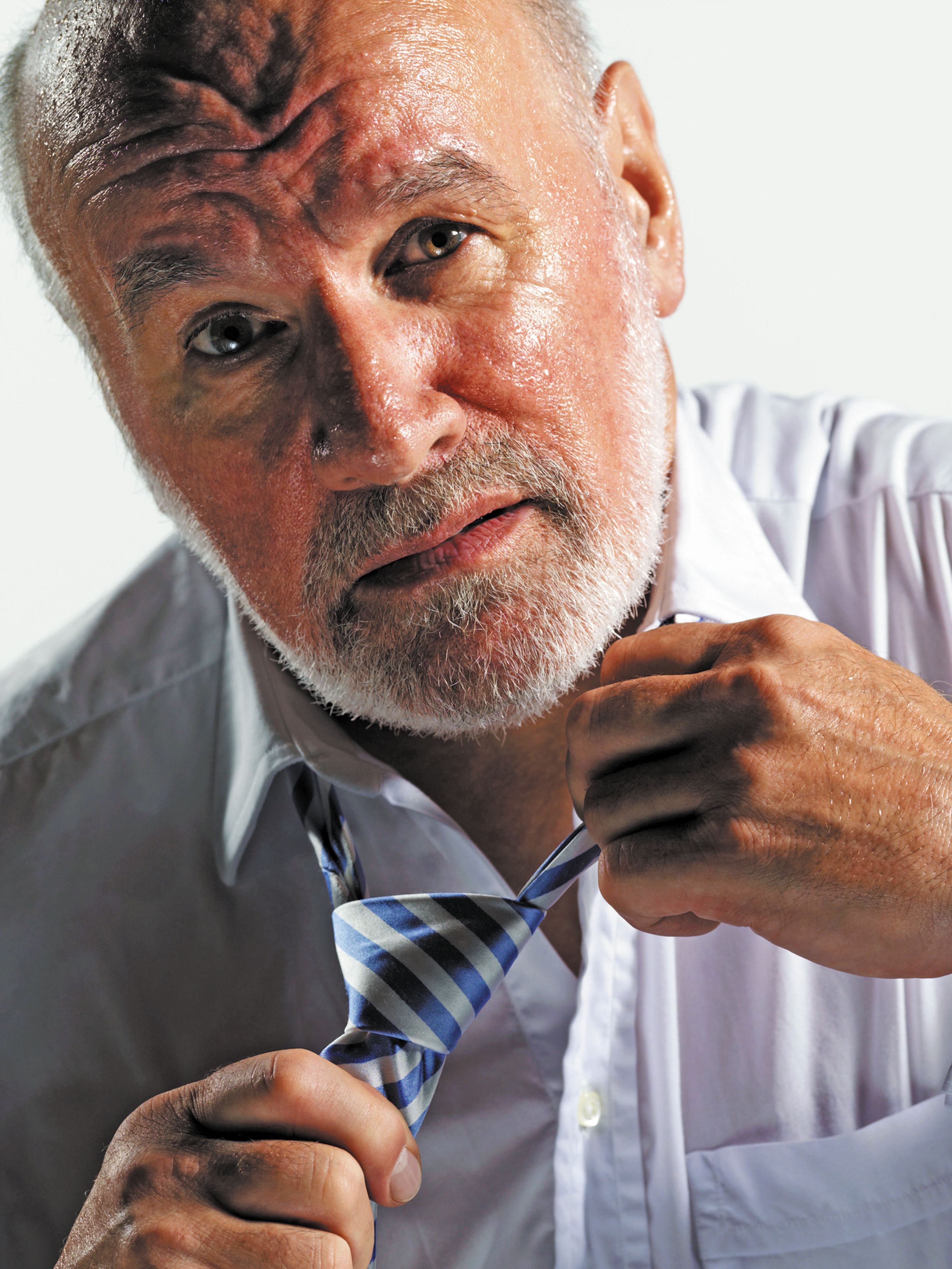What can I do for my excessive sweating?
On call
 Q.
I sweat profusely when I get nervous. This is especially true when I am about to meet new people. In particular, I get a lot of sweat on my forehead. It’s quite embarrassing. Any suggestions?
Q.
I sweat profusely when I get nervous. This is especially true when I am about to meet new people. In particular, I get a lot of sweat on my forehead. It’s quite embarrassing. Any suggestions?
A. Sweat glands have an important job: they help you maintain your body temperature, particularly in hot weather and when you exercise. Physicians use the word hyperhidrosis to refer to sweating that goes beyond what you need.
Focal hyperhidrosis is the term used when excessive sweating occurs in one part of the body. Examples include under the arms, the palms, the soles of the feet, or — as in your case — the forehead. These are all areas that have a high concentration of sweat glands.
Millions of years ago, humans evolved a protective mechanism to avoid or deal with danger called the fight-or-flight response. Sweat glands are activated as part of this response. When you’re nervous, you also may feel your muscles tense and your heart rate and breathing quicken.
It’s worth seeing your doctor to check if there is a medical cause for your hyperhidrosis. For example, sweating can increase in people with hormone disorders, such as an overactive thyroid gland. Assuming your excessive sweating is not related to a medical problem, your doctor will likely first recommend applying an over-the-counter antiperspirant solution or gel. Look for one containing aluminum chloride that specifically mentions safe for the face.
If a topical product doesn’t work or is causing too much skin irritation, your doctor may suggest botulinum toxin (Botox) injections. This substance, which is used as a cosmetic aid — for example, to smooth facial wrinkles — can also reduce sweating by blocking the nerves that trigger sweat glands.
Your anxiety when meeting people may be exaggerated by your sweating concerns. If you control your sweating, your confidence can increase, and you may feel less anxious in social settings. However, your anxiety about social situations may persist even if the extra sweating stops. In that case, I suggest you consult a mental health professional. He or she may suggest cognitive behavioral therapy or medication or both.
If your anxiety occurs only in certain situations, your doctor can prescribe a low-dose beta blocker like propranolol beforehand. The drug blocks your sympathetic nervous system and thus helps to reduce sweating.
For more general social anxiety, your doctor or therapist might prescribe an SSRI (selective serotonin reuptake inhibitor). Examples are sertraline (Zoloft), paroxetine (Paxil), and fluoxetine (Prozac). They help you feel less anxious, which, in turn, makes you sweat less.
— Howard LeWine, M.D.
Editor in Chief, Harvard Men's Health Watch
Disclaimer:
As a service to our readers, Harvard Health Publishing provides access to our library of archived content. Please note the date of last review or update on all articles.
No content on this site, regardless of date, should ever be used as a substitute for direct medical advice from your doctor or other qualified clinician.















